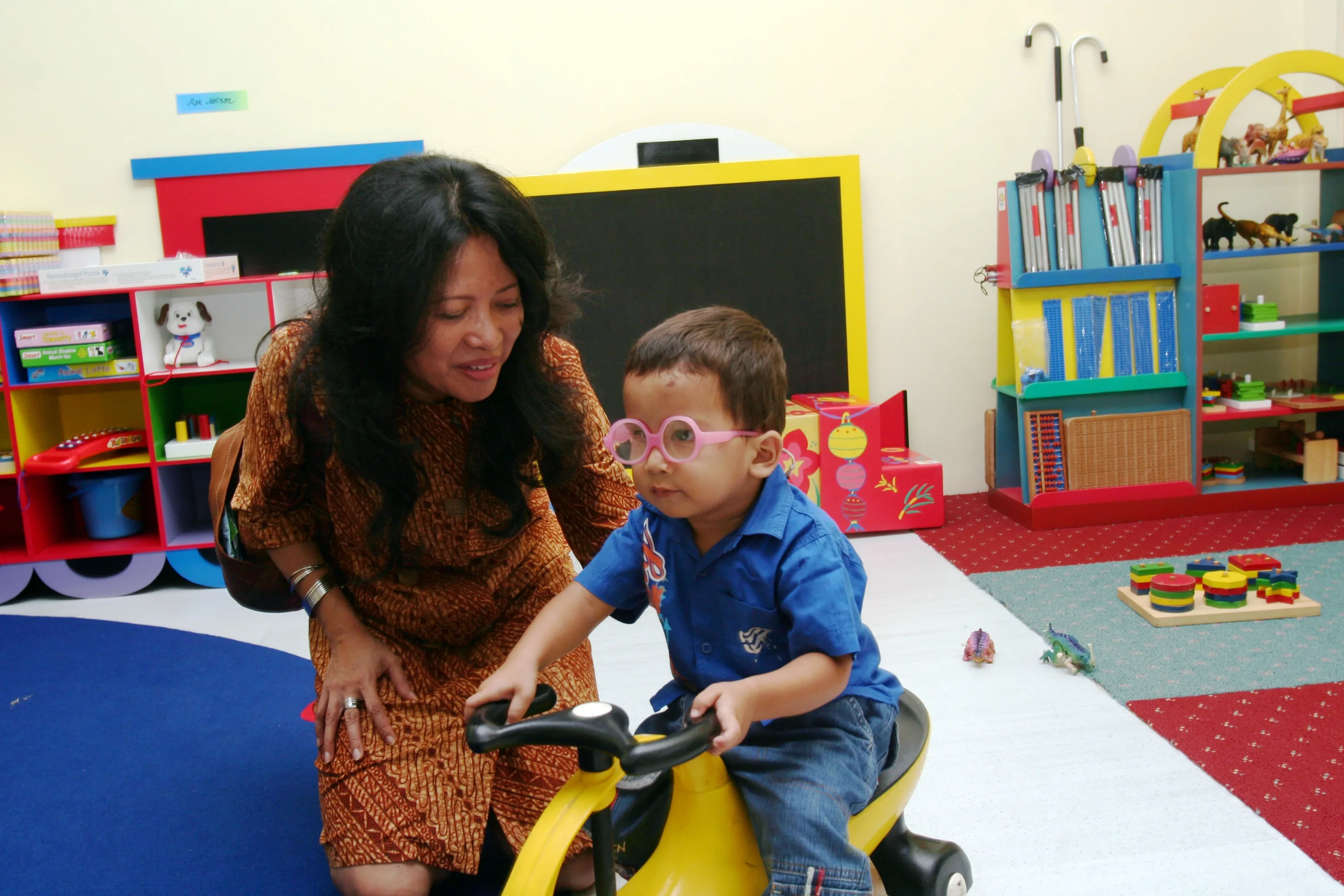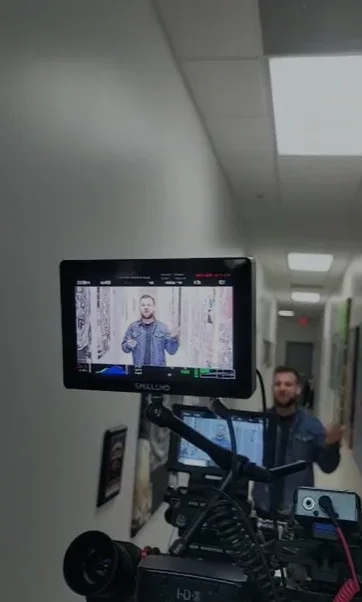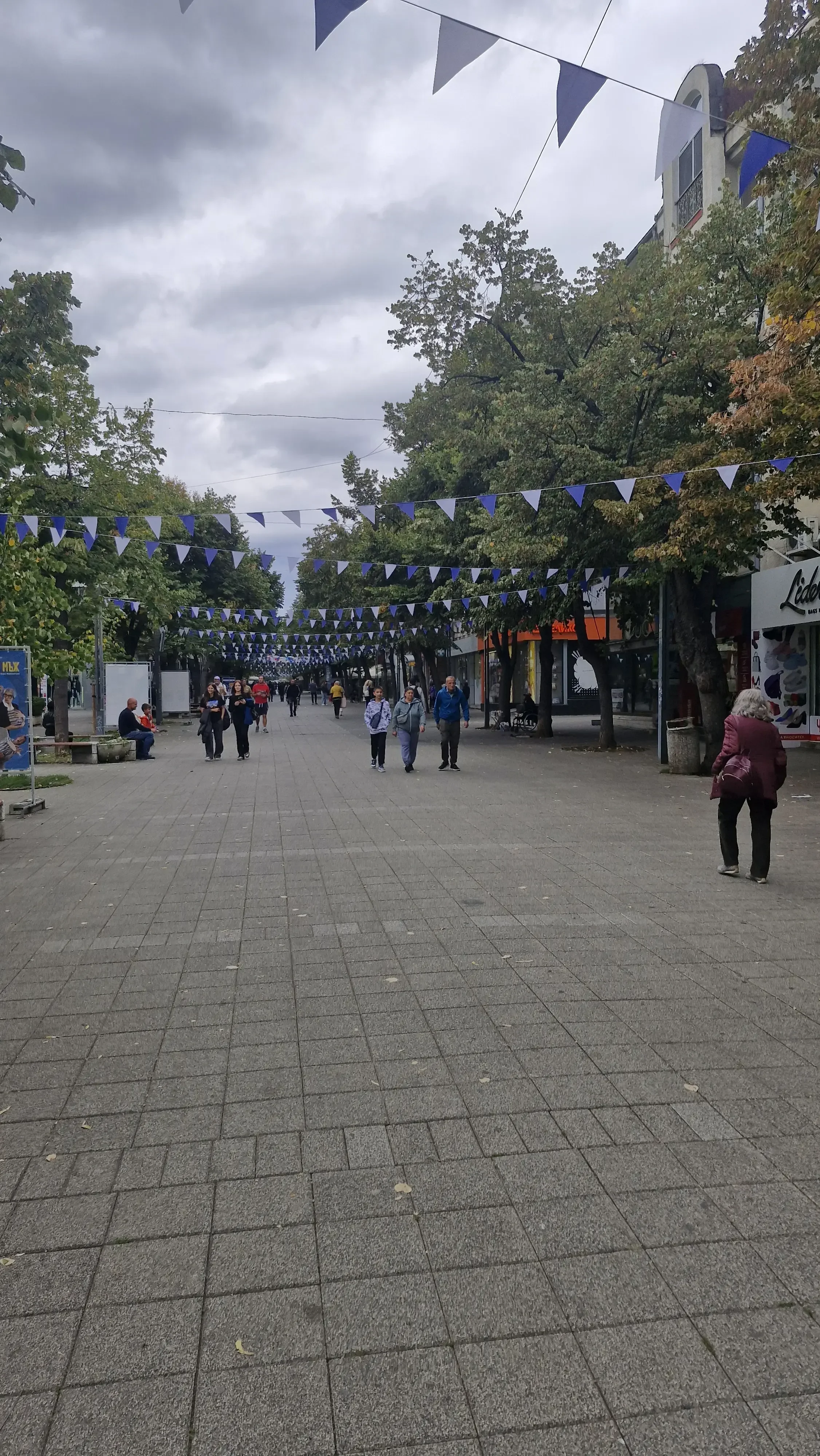Villages Without People: The Alarming Reality of the Demographic Crisis
Over 560 villages in Bulgaria have fewer than 100 residents. More than 200 are completely depopulated. This is not just a concerning statistic – it signals a decades-long demographic collapse that has gripped rural regions.
Root Causes: Migration, Aging, Lack of Prospects
The key reasons for depopulation include:
- Mass migration of young people to big cities and abroad
- Aging population with limited access to healthcare and social services
- Lack of sustainable employment and modern infrastructure
As a result, many villages have become “demographic islands” where time has stood still and the future looks bleak.
Digitalization as a Chance for Revival
In recent years, a reverse trend has emerged – some young professionals and freelancers are relocating to the countryside in search of a quieter, more affordable life. The key? Internet access and remote work.
The national program “Digital Bulgaria 2025” outlines:
- Full high-speed internet coverage in rural areas
- Digital literacy training for adults
- Promotion of IT hubs in small towns and villages
These measures make rural life attractive not only for retirees but also for young people who can work from anywhere in the country.
Green Policies and Sustainable Development
Alongside digitalization, “green revival” policies are gaining momentum. With EU programs and national subsidies, initiatives are encouraging:
- Organic farming and low-carbon production
- Eco-tourism and restoration of cultural heritage
- Energy-efficient renovation of old buildings
Combined with digital transformation, these policies offer a model for a sustainable village – both ecological and economically viable.
Challenges to Transformation
Despite the potential, significant barriers remain:
- Lack of skilled personnel for digital and green projects
- Limited administrative capacity in small municipalities
- Low private sector interest
Without coordinated effort between the government, private sector, and civil society, progress will remain patchy.
Outlook for 2025
- 40 new digital centers expected in rural municipalities
- Over 6,000 people already working remotely from small settlements
- Green innovation budgets to double in 2025
If the trend continues, Bulgarian villages may become a testing ground for modern sustainable development. Rural life doesn’t need to go backward – it can be reborn in a new way.
You may also like
 Demographic decline as an economic shock: how Bulgaria is aging and this is already felt in pensions, healthcare and regions
Demographic decline as an economic shock: how Bulgaria is aging and this is already felt in pensions, healthcare and regions Young Families and Demographics: How to Bring Back Nine Million to Bulgaria?
Young Families and Demographics: How to Bring Back Nine Million to Bulgaria? The Number of Children with Disabilities in Care Homes in Bulgaria Decreases - Reform Continues
The Number of Children with Disabilities in Care Homes in Bulgaria Decreases - Reform Continues Over 220,000 Ukrainians have received temporary protection in Bulgaria since the start of the war
Over 220,000 Ukrainians have received temporary protection in Bulgaria since the start of the war
Disclaimer:
This article is an analytical review by the BurgasMedia editorial board and reflects the opinion of an expert group based on current political, economic, and social developments.
The conclusions presented are not predictions or factual statements, but a hypothetical interpretation of possible scenarios.
The publication is not responsible for any discrepancies with future developments and encourages readers to form independent judgments based on verified sources.




Коментари (0)
Все още няма коментари.